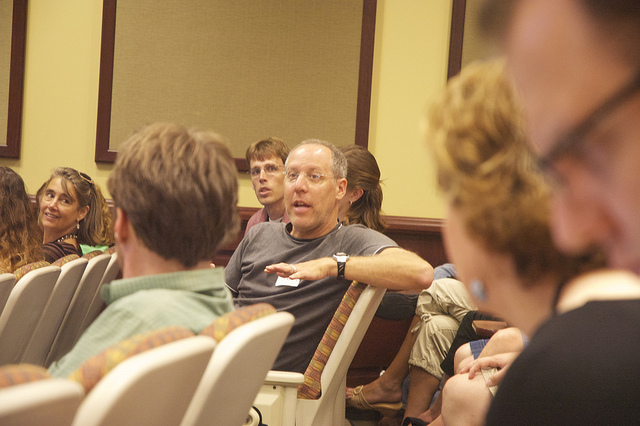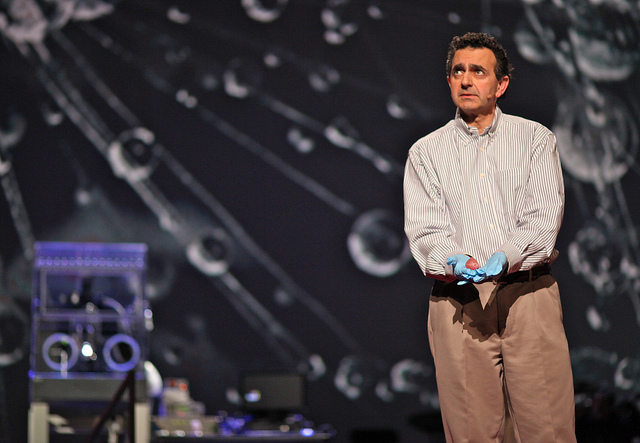
The Selber article, “Reimagining the Functional side of Literacy,” demonstrates a history of a) thinking of “computer literacy” as the purview of rhet/comp, and b) arguing for the teaching of the affordances of specific digital platforms and programs. Although Selber’s definition of “functional literacy” carefully focuses on individuals’ capabilities and needs (assuming a need to function independently within computer discourses users immerse themselves in), as opposed to some objective set of “skills” an outsider or outside group deems “necessary” to qualify as “literate.”
